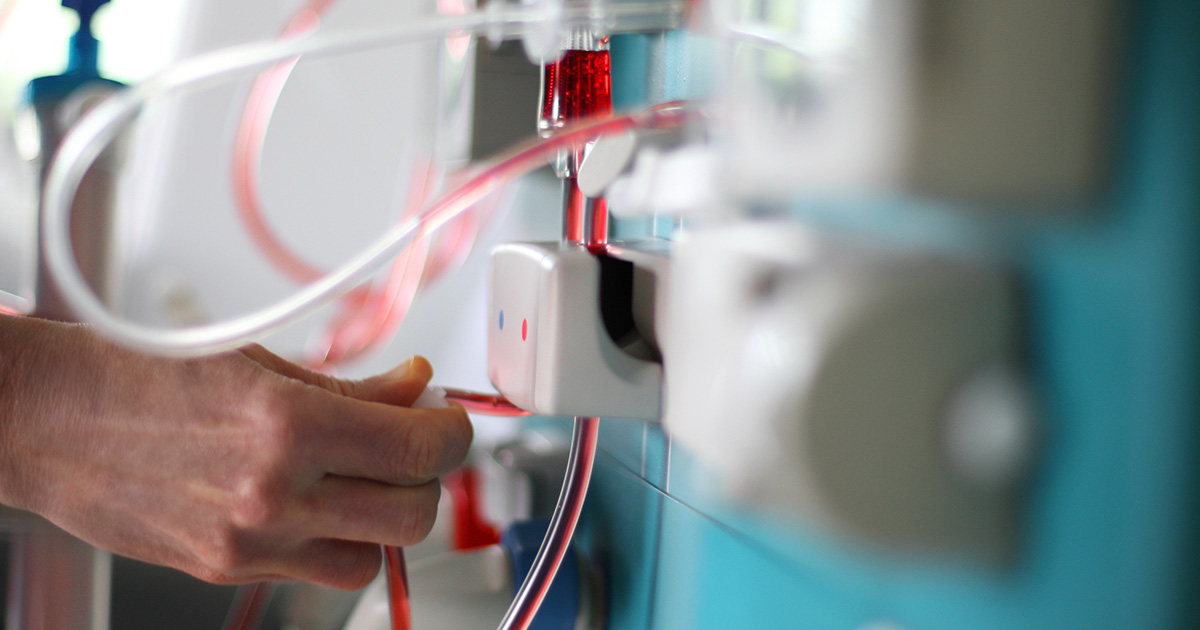Treatment Options For Goodpasture Syndrome
Long-Term Kidney Dialysis

Not every patient will require long-term kidney dialysis. But for patients with complete kidney failure, dialysis is a life-saving treatment that keeps patients from dying due to the loss of kidney function. The majority of patients who die of Goodpasture syndrome die because of kidney failure, which is the most fatal and serious potential consequence of the disease. Thought this is common, only about thirty percent of patients will require long-term kidney dialysis. Dialysis produces the same function the kidneys are supposed to. With hemodialysis, a patient's blood is run through an external filter and then returned. With peritoneal dialysis, the blood is cleaned without leaving the body. Rather than using an external filter, a specialized fluid in the abdomen absorbs the waste in the blood. Once all the blood has been filtered, the fluid is drained. Dialysis is necessary for patients whose kidney damage is so severe that the kidneys can no longer maintain the body.